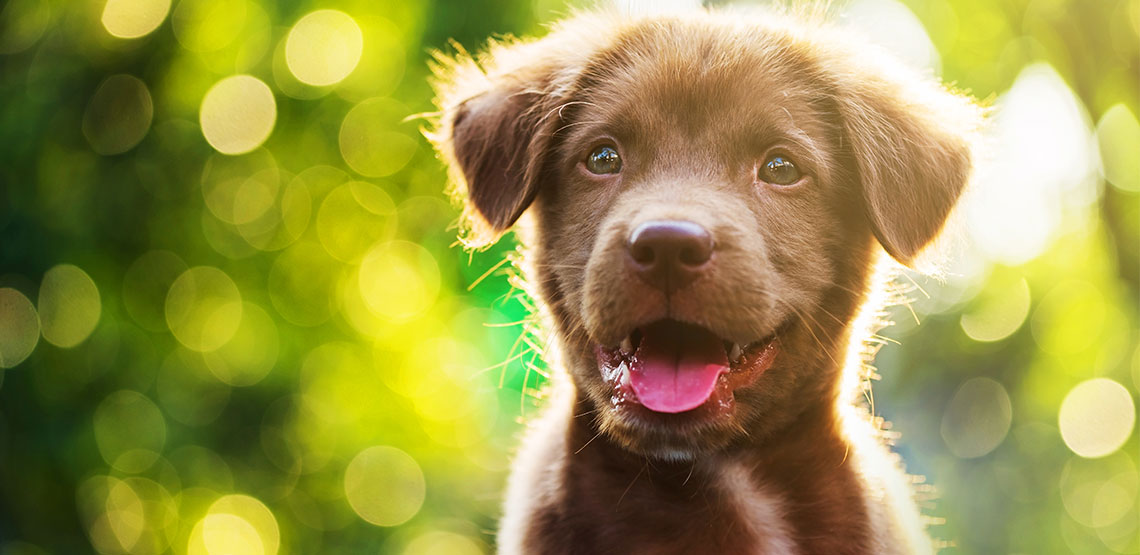Picking out a new puppy
The experience of owning and raising a puppy is one that you will never forget. Get the right puppy, and you'll both have years of happiness, fun and unconditional love. But getting the right puppy takes some effort – starting with looking in the right place.
Where Not to Look
In general, avoid pet stores, and the house with the cardboard "free puppies" or "puppies for sale" sign in the front yard. Many pet stores purchase their puppies from puppy mills, who factory-farm man's best friend in appalling conditions. Backyard breeders are slightly better than puppy mills, but you may get a puppy that's not the best example of the breed. And a free puppy may sound tempting, but you may pay later if the puppy isn't healthy or doesn't have a good temperament.
Responsible Breeders
Especially if this is your first puppy, find a responsible breeder – someone who knows everything about the animals they love. Good dog breeders guarantee healthy puppies that live up to the breed standard. They will also provide excellent advice and support before and after the adoption.
A good breeder will insist you sign a puppy adoption contract, agreeing to care for your puppy for life, spaying and neutering as appropriate, and also agreeing to contact the breeder first if you need to find the puppy a new home.
What to Look for in a Puppy
Good breeders provide health certificates and proof of canine vaccinations, so you know you are adopting a healthy puppy. But if in doubt (or if you've succumbed to the cardboard "puppy for sale" sign), here are some things you should look for before you adopt a puppy:
Related Search Topics (Ads):
- You should be able to meet the mother and she should be friendly and relaxed.
- Puppies have a wonderful smell all their own, so if the puppy smells "off" or unpleasant – or if it's dirty – it is probably ill.
- Fleas or ticks indicate a problem in the quality of care – there is no excuse for a puppy to have even a single flea.
- Puppies should be energetic, inquisitive and friendly. Listless puppies may be ill.
- If the puppies or their mother seem nervous, they may have behavior or temperament issues.
- For proper socialization and development, puppies should be at least eight weeks old before leaving their mothers and siblings – don't accept a younger puppy.
- Your puppy should have all of the vaccinations required for dogs its age, and the breeder should provide all health and vaccination records before you write your check.
Bringing the Puppy Home
Once you've found the perfect puppy, it's time to get your house ready. Puppy-proof it by putting chewable items out of reach, especially houseplants. Organize a crate, food (as recommend by the breeder), dishes, toys and bedding for your new pet.
Establish regular meal, potty, walk and nap times. Have a list of ground rules for everyone to enforce – whether the dog is allowed on the furniture or not, which rooms are off limits, etc. Of course, no jumping, no biting and no rough play should always be included.
As soon as possible, enroll in puppy training classes, for socialization and basic obedience training. Also, visit the vet, groomer and kennel so your puppy becomes accustomed to these people and places.
